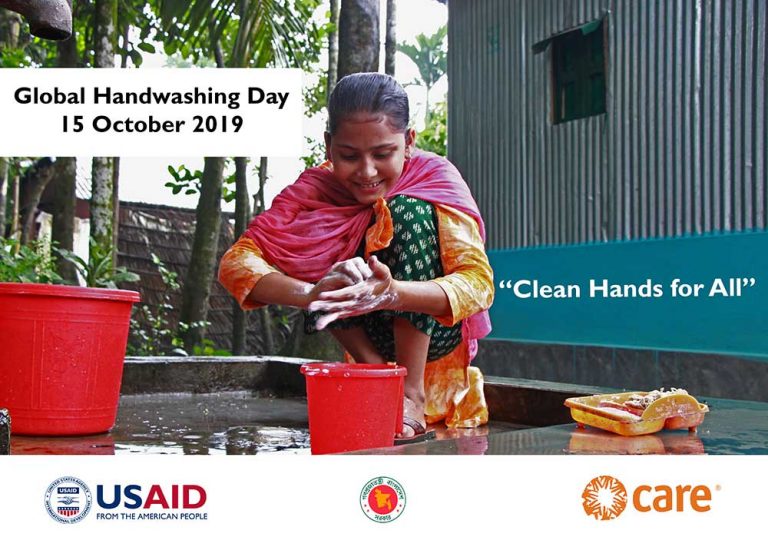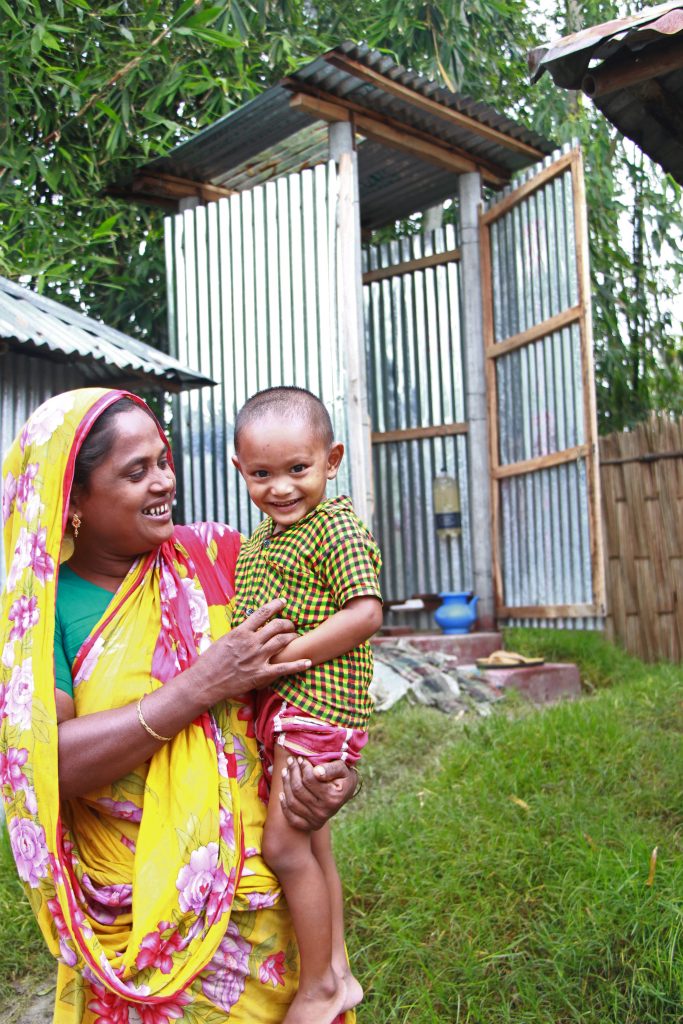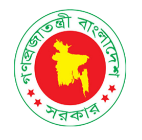SHOUHARDO III takes initiative to encourage the communities to use hygienic latrines and advocates against open defecation. SHOUHARDO III has taken several steps to support villages towards achieving their Open Defecation Free (ODF) status.

Community-based groups are engaged in achieving ODF villages and adapting to new sanitation technology using the Nirapod latrines, as a result of SHOUHARDO III’s first engagement with International Development Enterprises (iDE). This is contributing to the reduction of water-borne diseases at the community level. The program is also working towards advocacy with the Water and Sanitation (WATSAN) committee at the Union Parishad level so the poor and the extreme poor can raise their demands of providing sanitary latrines in their villages. Through the participants’ negotiation skills, they are getting support from the UP to fund the latrines, while others have initiated to build on their own through their income and savings.
SHOUHARDO III signed a second agreement with iDE to implement market-based sanitation promotion activities in 37 Unions under the Deep Haor and Remote Chars (DHRC) which started in October 2020.

As a part of Deep Haor and Remote Chars (DHRC):
74 Latrine producers selected
- 50 from haor
- 24 from char
140 courtyard sessions with 2,361 participants held on behavior change communication on WASH – which resulted in receiving 581 latrine orders
- 700 men
- 1,661 women
- 83 sales agents.
SHOUHARDO III is working with the local service providers (LSP) to ensure access to and availability of safe drinking water. The program trained 20 WASH LSPs, both men, and women, on water quality testing, water safety planning, business planning, financial management, market promotion, decision-making ability of women to avail of water quality testing facility, and tube well repair and maintenance. The LSPs also received arsenic testing tool kits from the local Department of Public Health Engineering (DPHE) office supporting their work.
“As a female LSP, I feel enabled after receiving the training, I did not have any technical expertise and I did not know how to repair a tube well before. I demonstrated my skills in my household before providing service to other households. Once I saw the community dismantling one tube well, they were experiencing poor water flow. I could not resist myself but asked them to let me take a look. They refused and said, ‘being a woman, you will be of no use solving this problem,’ and ‘we did as much training as you.’ After much convincing, they agreed to give me one chance. After I installed the check valve, the water flow went back to normal and their problem was solved! They were amused by a woman solving problems they thought only the men could. In return for the favor, they promised to promote my service”
– Salma (Vatshala, Kastul, Austagram)


